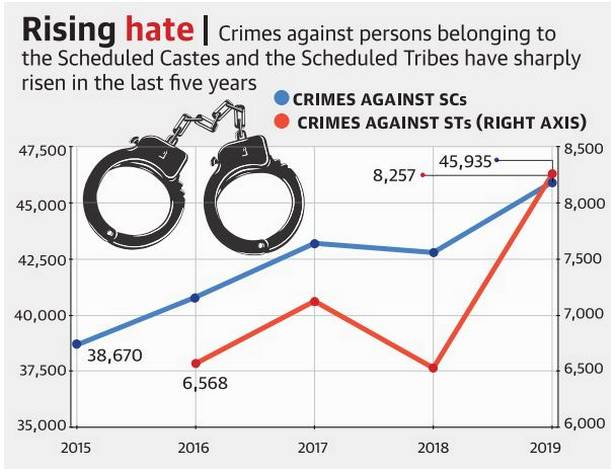UPSC Articles
Narco Tests intrusion into a person’s mental privacy: SC
Part of: GS Prelims and GS-II – Government Policies & Interventions; Judiciary
In news
- Supreme Court judgment of 2010: Involuntary administration of narco or lie detector tests is an intrusion into a person’s “mental privacy”.
- The judgment is significant amid reports that the Uttar Pradesh government wants to subject the family members of a recent gang-rape vicitm to these tests.
What did the judgement say?
- The judgment: Smt. Selvi vs. State of Karnataka
- Involuntary administration of these scientific tests was sufficient to constitute a custodial environment.
- It amounted to a restraint on personal liberty.
- The consequences of such tests can be devastating on people from weaker sections of society who are unaware of their fundamental rights and unable to afford legal advice.
- It may involve future abuse, harassment and surveillance, even leakage of the video material to the news channels for a trial by media.
- Such tests are against human dignity and liberty, and have long-lasting negative effects.
- An individual’s decision to make a statement is the product of a private choice and there should be no scope for any other individual to interfere with such autonomy.
Do you know?
- Polygraph or Lie Detector Test measures and records several physiological indicators such as blood pressure, pulse, respiration, and skin conductivity while a person is asked a series of questions.
- Narcoanalysis Test involves the injection of sodium pentothal which induces a hypnotic or sedated state in which the subject’s imagination is neutralized, and they are expected to divulge information that is true.















